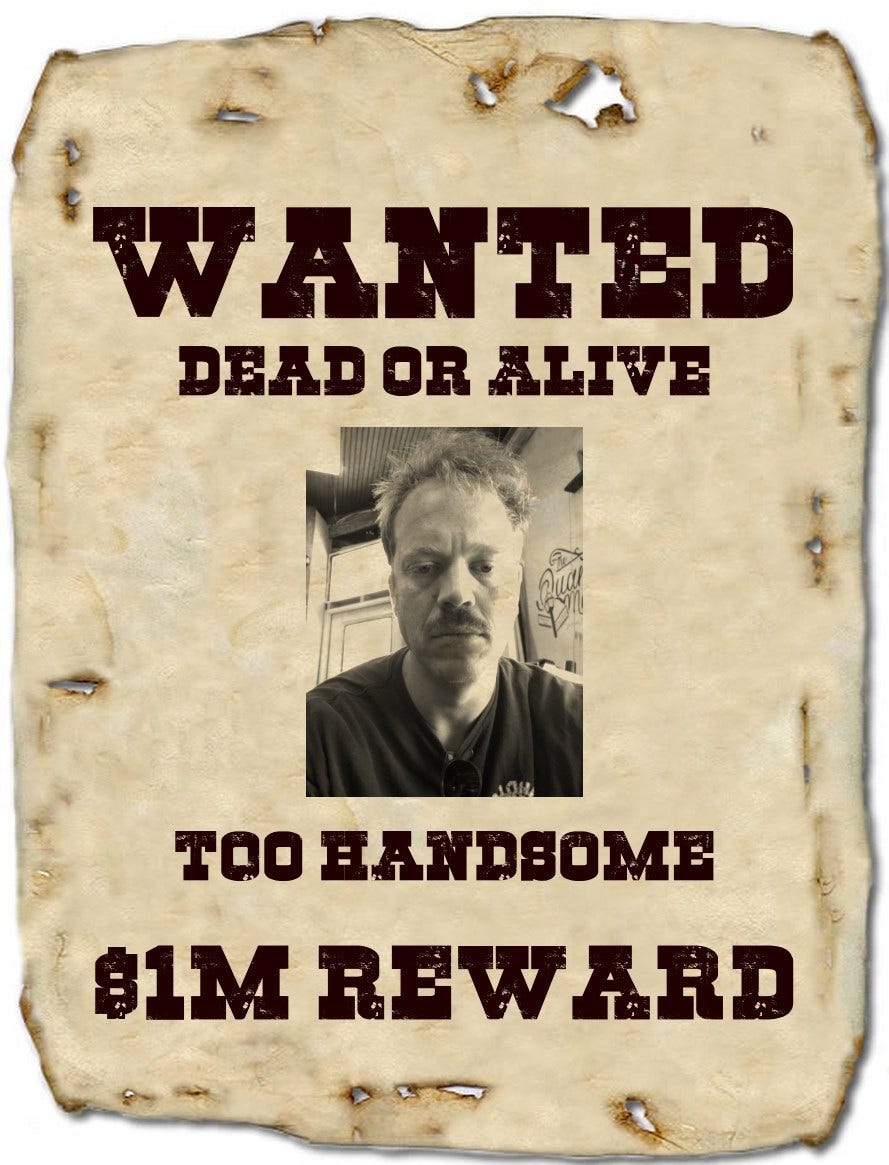The prescriptive power of brands
Brands have the ability to create demand and entire markets out of whole cloth. When they do, there can be consequences beyond just the business itself.
🔔🔔🔔 Hear ye, hear ye, let this serve as a reminder that I encourage any and all reading this to critique/comment/applaud me in the comments or by responding via email. If you’re feeling extra generous, hit that heart button at the bottom.
Inspiration for this week’s topic is brought to you in part by reader Justin (@petrills).
If you’re new here, subscribe. If you love it, share it with a friend by forwarding the email, or posting the content on social media.
New Frontiers in Pizza
Today, stuffed crust pizza is taken for granted. Pizza Hut, Little Caesar’s, and Papa Johns (Domino’s only sells stuffed cheesy bread) all carry it on their menus. Gooey cheese oozes out of golden-brown crust, inviting us to enjoy the entire pie, crusts included. As an older millennial it still feels new and exciting; however, Pizza Hut debuted stuffed crust in the early 90s. That the item continues to flourish today is a testament to how it revolutionized the appeal of pizza crusts.
Stuffed crust wasn’t just a revolution for how we enjoy pizza crust, it’s also a testament to the predictive and prescriptive power of brands. By inserting cheese into the crust, Pizza Hut implied pizza crust in its cheese-less form was less-than, that our crusts needed sprucing up, that this overlooked piece of pizza anatomy needn’t be flavorless. Pizza Hut invented a brand-new pizza feature out of whole cloth and prescribed to us that we needed options when it comes to crust.
Stuffed crust’s popularity presaged many of the delicious gastronomic mash-ups with previously unheard of combinations that we enjoy today: Taco Bell’s Doritos Locos tacos, Snickers Ice Cream bars, and most notably, 7-11’s glazed cheesy BBQ meatballs.
First they prescribed stuff crust, and I did nothing
This is fine and fun when you’re tossing cheesy bbq meatballs up and snatching them out of the air like a bipedal seal, but less so when you consider a more recent product addition. Citizen, the crime alert app, last week rolled out its ‘Protect’ feature wherein users can connect with a live safety agent if they feel they’re in a perilous situation. Connecting enables the agent to listen for sounds of distress and subsequently connect with emergency responders if deemed necessary.
Citizen, in an attempt to broaden the appeal of a crime alert app, is attempting to prescribe to everyday people that they’re in need of a private security force. At the moment, it’s only a connection to an agent, but with the proliferation of the gig-economy providing a glut of potential employees, and fear mongering about rising crime stoking demand, it’s not difficult to see a future with a perceived need for on-call security forces arriving via app.
Just as stuffed crust made pizza both more profitable and more exciting, the Protect feature aims to increase both revenues (through an additional monthly subscription) and feelings of security. When a major brand prescribes a need for security that previously didn’t exist, and if it’s successful enough, it’s possible, in the same way stuffed crust pizza did, for it to become a self-fulfilling prophecy.
Once Pizza Hut had proven that stuffed crust was a hit, the other pizza chains followed suit with their own versions. It’s not inconceivable for similar apps like Ring, NextDoor, or even handset manufacturers like Apple and Samsung to build similar functionality should Protect reveal itself to be profitable. If that happens, Citizen will have prescribed a future where an on-demand security detail is seen as a necessary accessory for moving about in everyday life.
Hooked on a feeling’, high on believing
The business strategy of creating entire industries or categories of products not previously in existence is often referred to as ‘Blue Ocean Strategy’. The crux of the strategy is the creation of brand new demand. Although it’s a viable strategy which has brought forth truly groundbreaking products, the strategy fails to take into account the social implications of the products that arise from its use.
Feelings like cynicism, ignorance, greed are impossible to measure. So too are opposing feelings like optimism, thoughtfulness, and altruism. Although I’d like to, it’d be unfair to ascribe any of these feelings to Citizen, much less Pizza Hut. Yet in May, Citizen offered a $30,000 reward for information on a person who, based on unverified information, it had decided was an arson suspect. Unfortunately, this led to having the wrong man arrested and questioned. Plus, the man’s photo, alongside the accusation, was seen by 861,000 people. Citizen attempted to prescribe a need for vigilantism (sans due diligence) without one existing.
It’s impossible to discern which particular mix of feelings Citizen’s leadership pursued when it decided to roll out Protect. But taking into account the aforementioned reward, plus the fear-mongering ethos of the app in general, thoughtfulness isn’t at the core of the offering.
There’s a vast distinction between ingestible vehicles for cheese and software that can needlessly summon law enforcement. If the former’s prescribed to us, the future remains mostly the same, save for exciting new forms of junk food. With the latter, a brand’s prescriptive power could have major ramifications on safety’s place as a public good.
Read This Next
Care about Chicago? Get the award-winning daily email news briefing one reader calls “the best roundup newsletter in Chicago,” Chicago Public Square. Subscribe for free now here.






